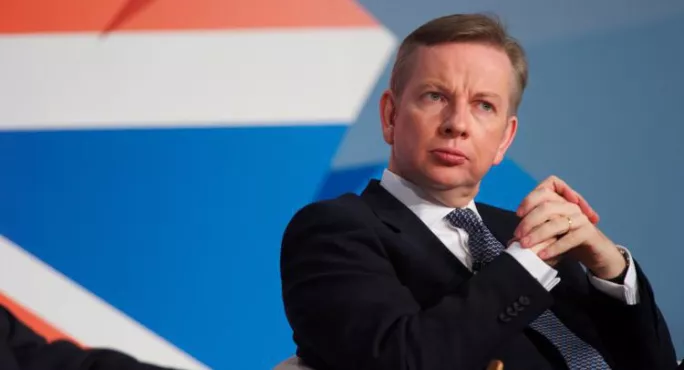Former education secretary Michael Gove made the news this weekend with his admission of cocaine use - something he repeatedly told Andrew Marr was a
HeŌĆÖs not alone in╠²using his age as an excuse for poor behaviour. ╠²
And yet, the Tory government as a whole has in England (.
include 14 in Russia, North Korea and China, 12 in Saudi Arabia and Egypt ŌĆ” and 10 in England, Wales, Syria and Bhutan. The United Nations Convention on the Rights of the Child (UNCRC) has repeatedly asked the UK to raise its criminal age of responsibility to an ageŌĆØ.
England has been the western worldŌĆÖs pariah with respect to its treatment of young offenders since 1998ŌĆśsmade far-reaching amendments to the English criminal justice system. These changes werenŌĆÖt based on evidence-based research but a to
The criminal age of responsibility╠²
Watching Gove making excuses for his own behaviour, at the ŌĆ£youngŌĆØ╠²age of 30, over Sunday breakfast was laugh or cry material for those of us who know the history of the: centuries of carefully balanced justice for children and young people, summarily banished at the dawn of the 21st century. ╠²
Doli incapax means incapable of wrong. Traditionally in England, the assumption of Doli incapax╠²applied from the age of 7 to 14. A child accused of a crime was brought before a judge who decided whether s/he understood what s/he had done was criminal, rather than naughty. If the judge was satisfied that the prosecution could not prove beyond reasonable doubt that the child had full adult understanding of the crime committed, the prosecution was halted due to doli incapax. raising the age at which a child had to be brought before a judge to 10.
Would raising the age of criminal responsibility to age╠²14 mean that children under that age would simply be allowed to ŌĆ£get awayŌĆØ╠²with offending?
Looking to our closest neighbours with higher ages of criminal responsibility, why is it╠²then╠²that we donŌĆÖt find gangs of uncontrollable young children roaming their streets? ItŌĆÖs because the custom of dealing with crime involving╠²children under 14╠²in continental Europe is through child protection and 51║┌┴Ž laws,.
This may involve court orders, or even a period living away from home in secure accommodation. On the surface, this may not seem that different to current ways in which England treats its young offenders.
However, the difference that exists is fundamental: the child is not identified as an ŌĆ£offenderŌĆØ╠²at any point in the process, but as a child in need of guidance, and when s/he emerges at the end of the process, s/he has no criminal record. In other words, s/he is treated as a child.
We did not know in 1998 what we know now. Through advances in neuroscience, weŌĆÖve discovered that the human brain is not fully adult until it reaches 25 years of age, and that may, in certain social situations, impede self-control.
In a nation where people vying for the role of prime minister are citing youthful impulsiveness as a reason for offending behaviour, do we really need to go into human neuropsychology to make the point that people make mistakes, and that the lack of experience and impetuosity of youth is where our biggest mistakes are usually made?
As Gove points out in his interview, should we╠²then be made to suffer for these for life, as many have done due to criminal records imposed for such youthful mistakes?
There is currently a bill slowly passing through Parliament.
Perhaps, in the light of politicians citing youth as an excuse╠²for their own criminal behaviour at much older ages, MPs might consider passing this bill into law as quickly as possible. They should also consider raising the age of responsibility to 14, as the UNCRC recommends. This would ensure that caring and reformative responses - rather than punitive ones - are available for those who engage in offending behaviour under this age.
Yes, youth offending must be effectively dealt with to protect all concerned, but surely, as the UNCRC urges us, young offenders should╠²first be considered as╠²children rather than criminals.
Dr Pam Jarvis is a reader in childhood, youth and education at Leeds Trinity University





